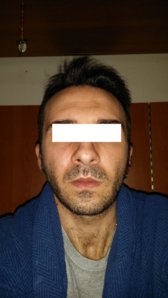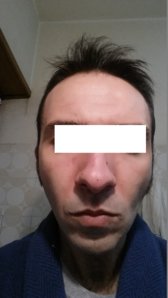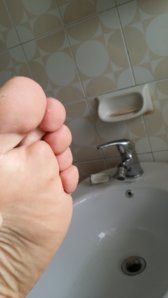@Viking and
@attheedgeofscience ...seeing as this thread is getting into Lyme and such I thought I would throw in some dated info c/o my now somewhat hazy memory of my "Lyme tentative diagnosis period" in 2005+
There are a couple of excellent national Lyme organizations in the USA (one = more West based):
http://www.lymenet.org/
http://www.lymedisease.org/lyme101/lyme_disease/lyme_disease.html
The general feeling here was that "Europe" was behind the curve on Lyme and somewhat in denial about it, but I think that may have changed as awareness developed. Indeed the Europe site looks good too....
http://www.lymeneteurope.org/...but I think treatment may be more 'experienced and developed' in the USA c/o the long term Lyme practitioners who have seen it metamorphose for so long?! There are big Lyme conferences my docs go to every year for more ideas, etc., etc.
OK a few snippets from my docs who were/are at the forefront of Lyme treatment here in California. In fact I would say 75% of their patients in 2006 were suspected Lyme "hopeless cases" of chronic illness, that other docs had thrown up their hands on and given up knowing what to do...
~ The vast majority of patients never remembered getting bitten by a tick.
~ If you get bitten by a "nymph" tick, they are so small that it is almost impossible to detect unless a rash develops.
~ The consideration was about 75% of these patients with a positive serology never had a rash anyway.
~ Rash could develop rapidly or even months later...as could "initial symptoms". (Flu like or similar generally).
~ Symptoms could develop within days, or even 10 years or more later.
~ Blood tests were all over the place depending on timing. "Western Blot" was good for some time frames. Antibody tests were likewise very time dependent and the infection could go dormant for years with negative results. "Igenex" was considered the best lab for the best results, but many tested negative, but then positive years later.
~ Ultimately an overall symptoms presentation was the best form of diagnosis, but was only
tentatively confirmed with a therapeutic trial of antibiotics. Tentatively, because so many other things could be happening with response to an antibiotic! (Almost
any bacteriological infection...Think how many there could be!).
~ Co-infections were dealt with first before going at the Borrelia (Lyme). Each had different treatment protocols.
~ Doxycyline was (and still is I believe) the initial "feel it out" antibiotic for Borrelia. Indeed for a while, a one dose, immediate big hit of Doxy' (600 mg - not 200 mg as in texts!) was considered potentially remedial if got a suspicious tick bite. It is not sure now if this works, but when I got a bite in 201o that went red (but no ring) I did it at once as it is one of the few antibiotics that does not affect my T...also Amoxicillin does not, but Amoxicillin is not for this "front line immediate treatment" - though perhaps possible?
~ There are many different points of view on treatment steps for Lyme. Burrascano, has different protocols to Klinghardt - and so on. My docs used a multitude of approaches as none seemed to work for "everyone". It is very complex due to all the other possible things that Lyme mimics, etc.
~ And so on... It is a huge subject!
However, Viking...if your T goes away when taking "X" antibiotic then I would say that is a MAJOR revelation!!! It seems to me that is very, very different to say "acoustic trauma" induced T. It is in a way much more "hopeful" so to speak (in my eyes anyway).
The
simple explanation,
could be...that the neuro-excitation caused by whatever infection you may have, that is suppressed by the antibiotic, is causing the T. Perhaps even our friend Glutamate is involved in the "excitation"??? I have no idea, but for sure the (again)
simple view of the docs I mention, was and is, that "endotoxicity" from a pathogen can cause symptoms/illness of many kinds. Knock down the pathogen and the symptoms decrease.
I put it this way in 'street English' yes..."The little bastards inside shit and pee like everything else, and release this crap into one's bloodstream, or interstitial fluid, or whatever...and this is like being poisoned inside all the time - steadily and slowly (or fast if flare-up). Kill these little scum or knock them on their heels and your symptoms decrease...but perhaps
after an
initial herxheimer reaction, when/as the body
also has to process the dead corpses and carcasses of these little microscopic shit-heads as well as their 'waste' too."
Good luck my friend...For sure I would figure out why an antibiotic affects your T, way before I would be trying Retigabine!!!
Best, Zimichael
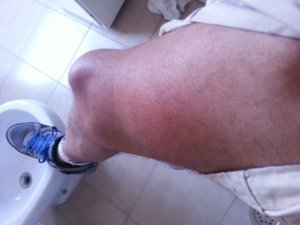
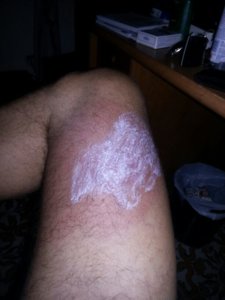
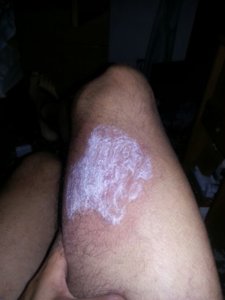
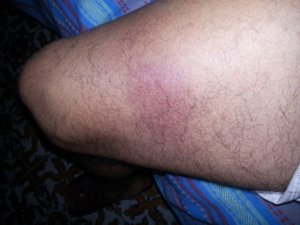





 Member
Member